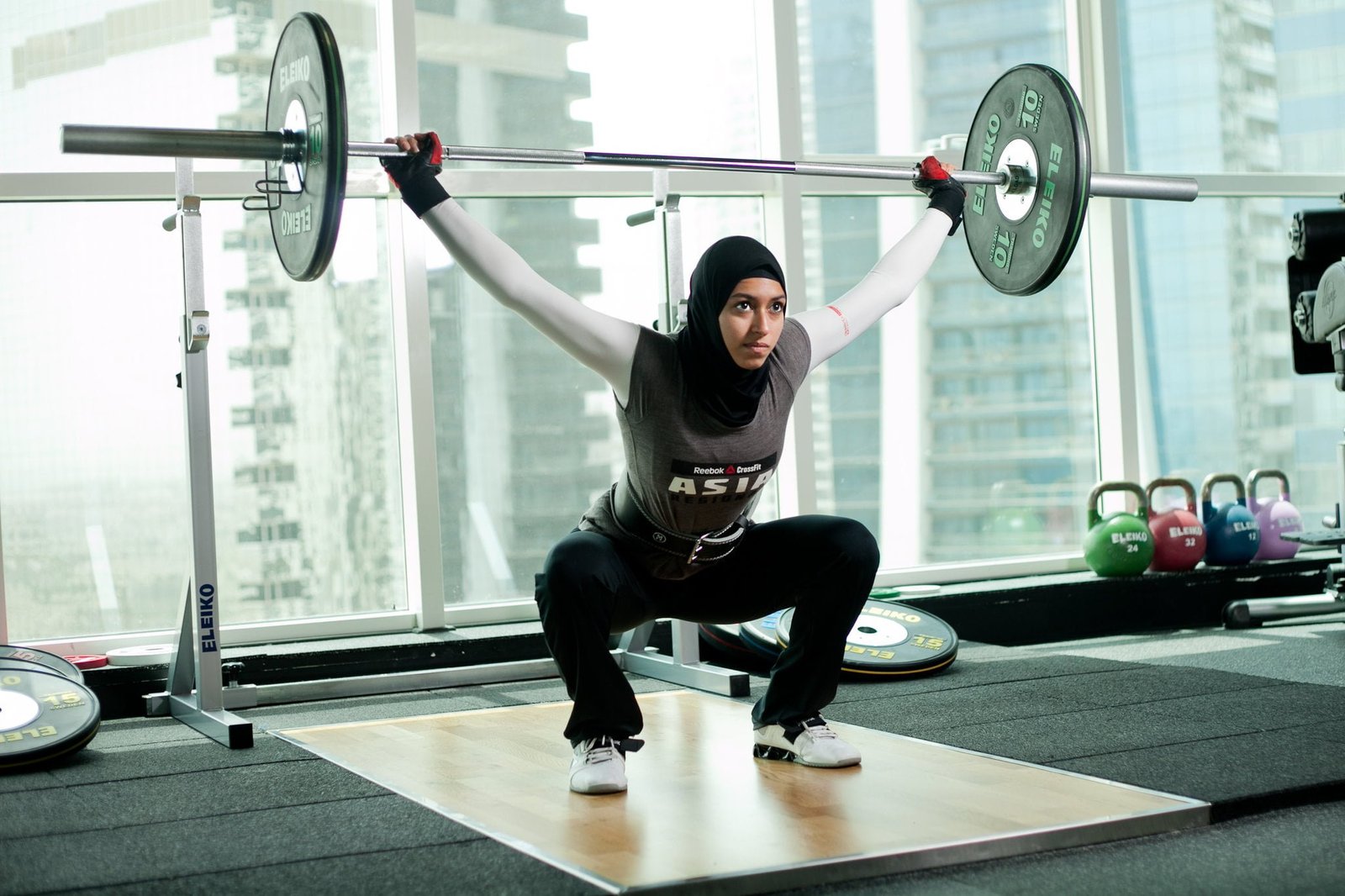
Physical fitness plays a pivotal role in Islam, as it contributes to the holistic well-being of individuals and aligns with the principles of a balanced and healthy lifestyle advocated by the religion. In this blog, we will explore the significance of physical fitness in Islam, the relationship between physical and spiritual well-being, and practical ways to maintain a healthy body and soul within the Islamic framework.
Table of Contents
The Significance of Physical Fitness in Islam
Islam places great importance on maintaining physical fitness, and this emphasis can be traced back to the teachings of the Quran and the practices of the Prophet Muhammad (peace be upon him). Here are some reasons why physical fitness is significant in Islam:
- A Healthy Body is a Trust (Amanah): In Islam, one’s body is considered a trust from Allah. It is the responsibility of every Muslim to take care of this trust, which includes maintaining physical fitness.
- Physical Fitness Enhances Worship: A healthy body enables individuals to engage in acts of worship, such as performing daily prayers, fasting during Ramadan, and participating in Hajj, with greater ease and devotion.
- Resilience and Endurance: Physical fitness enhances an individual’s ability to face life’s challenges and endure hardships, which are inevitable aspects of life.
- Promotion of Good Health: The Prophet Muhammad (peace be upon him) emphasized the importance of maintaining good health. He said, “There are two blessings which many people lose: (They are) health and free time for doing good.”
- Encouragement of Physical Activity: The Quran encourages physical activity and mentions the benefits of travel and exploration. Traveling and exploring nature can promote physical fitness and spiritual reflection.
The Relationship Between Physical and Spiritual Well-being
Physical fitness is not isolated from spiritual well-being in Islam; they are interconnected aspects of a Muslim’s life:
- Prayer and Physical Fitness: Performing the five daily prayers in Islam requires physical movements, such as standing, bowing, and prostrating. Physical fitness helps individuals perform these acts of worship with ease and concentration.
- Fasting and Self-Discipline: Fasting during Ramadan is a significant religious practice in Islam. Physical fitness supports self-discipline and the ability to abstain from food and drink during daylight hours.
- Hajj and Physical Stamina: The pilgrimage to Mecca, known as Hajj, requires physical stamina due to long walks, crowded conditions, and rituals performed in the scorching heat. Physical fitness ensures a safer and more comfortable Hajj experience.
- Charity and Service: Physical fitness allows individuals to actively engage in acts of charity and service to others, which are fundamental to Islamic ethics.
Practical Ways to Maintain Physical Fitness in Islam
- Regular Exercise: Engage in regular physical activity, such as walking, jogging, swimming, or participating in sports. The Prophet Muhammad (peace be upon him) encouraged activities like archery, horseback riding, and swimming.
- Healthy Eating: Follow a balanced and wholesome diet, including fruits, vegetables, lean proteins, whole grains, and plenty of water. Avoid overeating and adhere to Islamic dietary guidelines.
- Adequate Rest and Sleep: Ensure you get enough rest and sleep to allow your body to recover and rejuvenate. The Prophet Muhammad (peace be upon him) emphasized the importance of taking short naps (Qailulah).
- Moderation in All Things: Islam advocates moderation in all aspects of life, including physical fitness. Avoid overexertion and excessive exercise that may harm the body.
- Staying Hydrated: Drink plenty of water, especially during hot weather, to stay properly hydrated. The Prophet Muhammad (peace be upon him) recommended drinking water in moderate sips.
- Seeking Medical Advice: If you have health concerns or conditions, seek advice from healthcare professionals to ensure your exercise and dietary plans are safe and appropriate.

Conclusion
Physical fitness in Islam is more than a superficial pursuit of a perfect body; it is about nurturing a healthy body and soul. By maintaining physical fitness, Muslims can fulfill their religious obligations, enhance their spiritual well-being, and lead a life in accordance with Islamic principles. It is a path to holistic well-being and a means of showing gratitude to Allah for the gift of a healthy body.
Read Also
12 Scientific Facts in the Holy Quran
Why Should We Learn the Quran Online?
Virtues and Significance of Friday in Islam
Rabi al Awwal – All You Need to Know
Importance of Online Quran Learning
Benefits of Reciting the Quran
Marriage in Islam – All You Need to Know
Idara al Furqan Academy: A Modern Way To Learn Quran

